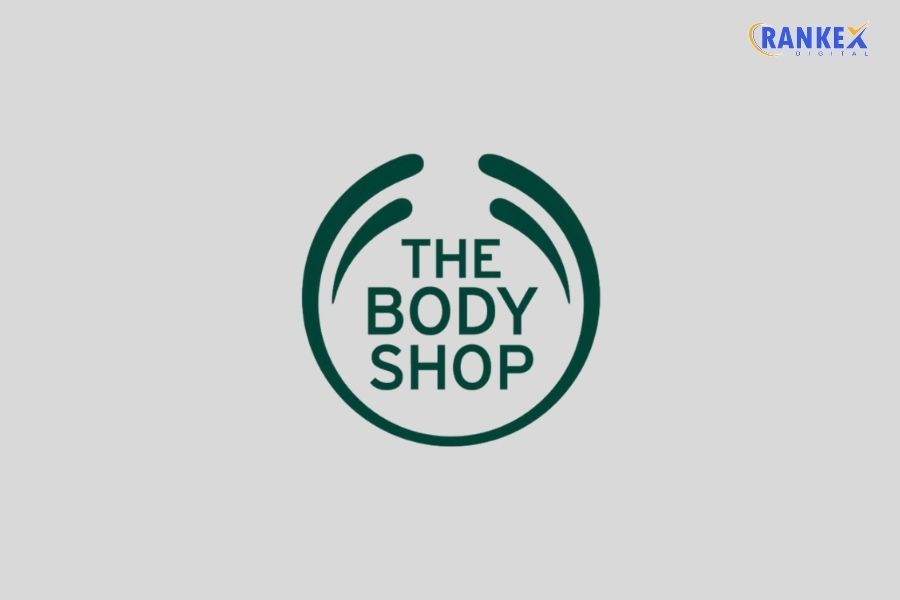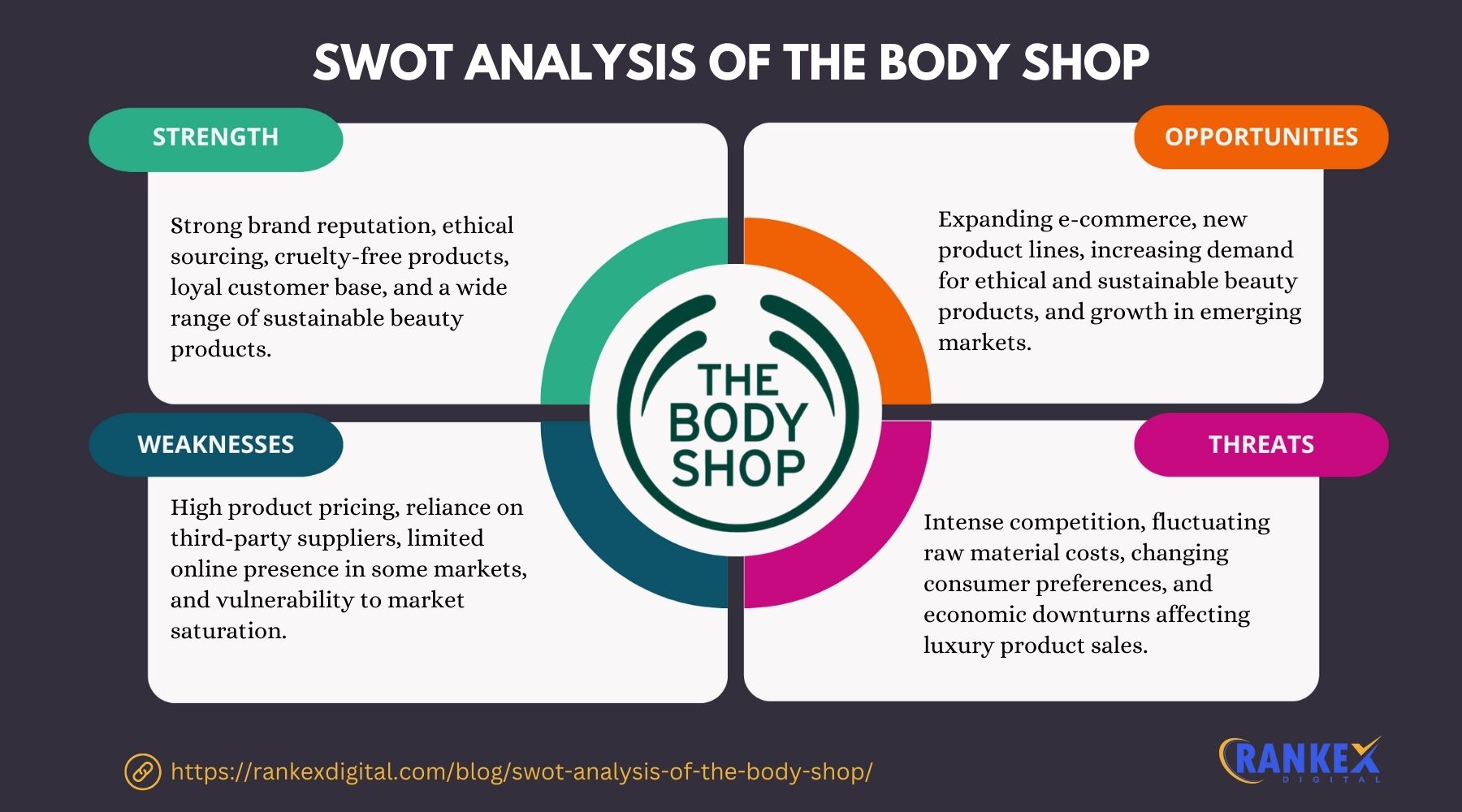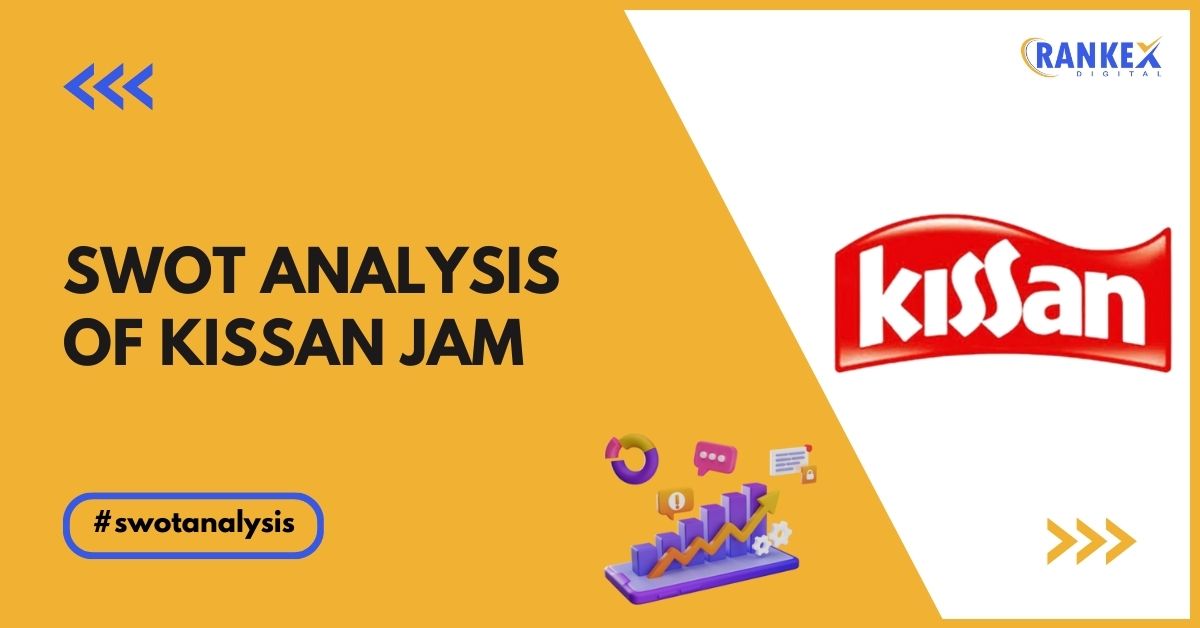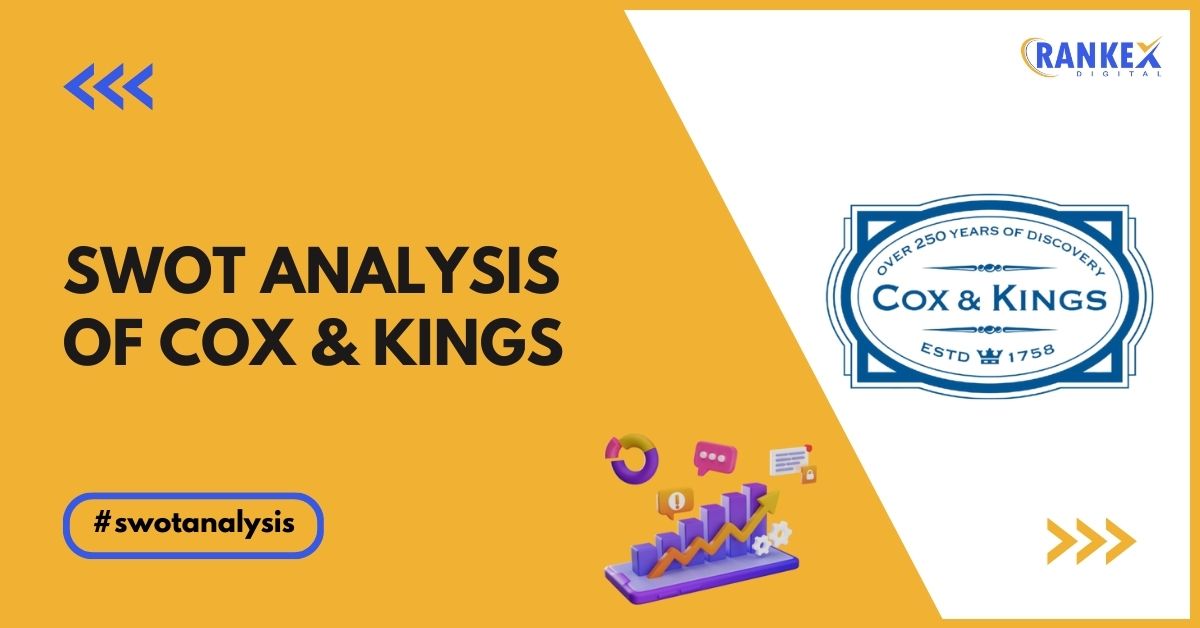The Body Shop is a global cosmetics and personal care brand that has carved a niche for itself by offering ethically sourced, cruelty-free products that appeal to consumers with a focus on sustainability and social responsibility.
It is known for its commitment to environmental activism and its wide range of skincare, haircare, and body care products, The Body Shop has built a loyal customer base around the world.
This blog explores a SWOT analysis of The Body Shop, evaluating its strengths, weaknesses, opportunities, and threats in the beauty and personal care industry.
In this blog
Overview of The Body Shop

Founded in 1976 by Anita Roddick in Brighton, UK, The Body Shop has become synonymous with ethical consumerism. The brand is known for its use of natural ingredients, commitment to environmental sustainability, and activism in the fight against animal testing.
Over the years, The Body Shop has expanded its product line to include skincare, haircare, makeup, and fragrances, making it a prominent player in the global cosmetics industry.
Quick Stats About The Body Shop
| Attribute | Details |
|---|---|
| Founder | Anita Roddick |
| Year Founded | 1976 |
| Headquarters | London, UK |
| Employees | Over 22,000 |
| CEO | David Boynton |
| Revenue (2023) | $1.5 Billion |
SWOT Analysis of The Body Shop

Strengths of The Body Shop
- Strong Ethical Brand Image: The Body Shop has built a strong reputation over decades for promoting ethical business practices. Its commitment to cruelty-free products, environmental activism, and sustainable sourcing has positioned it as a leader in ethical consumerism. Many customers are drawn to the brand because of its advocacy for animal rights, sustainability, and fair trade, making it a top choice for socially conscious consumers.
- Innovative Product Range: The Body Shop’s product offerings cater to a diverse customer base with varying needs, especially those seeking natural and eco-friendly options. The brand’s emphasis on using natural ingredients in its skincare, body care, hair care, and fragrance lines appeals to those seeking a gentle approach to beauty. Its product variety also includes options for sensitive skin and environmentally friendly alternatives, positioning it as a holistic beauty brand.
- Global Presence: With over 3,000 stores spread across more than 60 countries, The Body Shop has a strong international footprint. This broad global presence enables the brand to reach a wide and diverse customer base, providing it with the ability to tap into different markets and demographics. Its established international presence helps create brand loyalty across different cultures, building a sense of trust in the quality and values associated with the brand.
- Sustainability Initiatives: The Body Shop has been a pioneer in championing sustainability within the beauty industry. The brand has invested in reducing plastic waste by promoting refillable packaging and offering products that are sustainably sourced. Its ethical initiatives, including fair trade practices for sourcing ingredients, resonate deeply with eco-conscious consumers, positioning the brand as a leader in sustainability in the beauty industry.
- Active Social Responsibility: The Body Shop has long been involved in campaigns advocating for animal rights, environmental sustainability, and ethical business practices. This has earned the brand a reputation as a socially responsible company, which appeals to consumers who care about making ethical purchasing decisions. Its alignment with social causes fosters a deep emotional connection with its audience.
Weaknesses of The Body Shop
- Premium Pricing: The Body Shop’s commitment to using high-quality, natural, and ethically sourced ingredients means that its products are often priced higher than those of mass-market brands. This premium pricing strategy might make the brand less accessible to price-sensitive customers, especially in emerging markets or during economic downturns when consumers prioritize affordability.
- Dependence on Retail Stores: Despite increasing investments in e-commerce, The Body Shop remains heavily reliant on its physical stores. In an age where online shopping is becoming increasingly dominant, this reliance on brick-and-mortar locations can limit the brand’s ability to fully capitalize on digital sales, especially in markets where online shopping is the preferred method.
- Limited Innovation in Product Development: While The Body Shop is known for high-quality products, it has been criticized for not innovating as much in recent years. Its product development tends to follow existing trends, rather than creating new ones. This could limit the brand’s ability to stay ahead of competitors, particularly those in the rapidly evolving beauty market, where innovation is key to attracting new customers and retaining existing ones.
- Challenges in Targeting Younger Demographics: Although The Body Shop has a loyal customer base, it faces challenges in appealing to younger generations. Today’s younger consumers often gravitate toward brands that are seen as trendy, tech-savvy, and forward-thinking. If The Body Shop cannot evolve to meet the demands of younger, more digitally engaged consumers, it may struggle to maintain long-term growth.
- High Operational Costs: The Body Shop’s focus on sustainability and ethical sourcing, while admirable, comes with higher operational costs. The brand’s commitment to cruelty-free certifications, sustainable packaging, and fair labour practices leads to increased production costs. These higher operational costs can affect its pricing and profitability compared to competitors who do not prioritize these values.
Opportunities for The Body Shop
- Expansion in Emerging Markets: Emerging markets, especially in Asia, Latin America, and Africa, present significant growth opportunities for The Body Shop. As disposable incomes rise in these regions, more consumers will seek premium beauty products. By adapting its product offerings to local preferences and emphasizing its ethical and sustainable brand message, The Body Shop can tap into these markets and expand its customer base.
- Growth in E-commerce: As online shopping continues to grow, The Body Shop has an opportunity to enhance its digital presence. With the right investments in its e-commerce platforms, including personalized product recommendations, digital marketing strategies, and improved online experiences, The Body Shop can expand its reach to a broader audience and boost sales. An enhanced online presence would also help capture younger consumers who are more inclined to shop online.
- Sustainability Trends: The growing global interest in sustainability presents a huge opportunity for The Body Shop. Consumers are increasingly prioritizing eco-friendly products and the brand’s strong commitment to sustainability positions it well to capitalize on this trend. Expanding its range of zero-waste products or refillable options could further enhance its appeal to environmentally conscious consumers.
- Collaborations and Partnerships: The Body Shop could benefit from collaborations with influencers, sustainability advocates, and other like-minded brands. Partnerships with these groups can help reach younger, fashion-forward, and eco-conscious customers. Collaborating with beauty influencers or launching exclusive product lines could boost visibility and attract new customer segments.
- Product Diversification: Diversifying into new product categories could open up new revenue streams for The Body Shop. For example, introducing wellness products, health supplements, or beauty tech tools could attract a broader audience and create new product lines that complement its existing offerings.
Threats to The Body Shop
- Intense Competition: The beauty industry is extremely competitive, with major players like L’Oréal, Clinique, and Kiehl’s dominating the market. In addition, there are newer, eco-conscious brands like Lush and Herbivore that are targeting similar customer segments. To stay relevant, The Body Shop must continuously innovate, both in terms of product offerings and marketing, to remain competitive.
- Economic Downturns: During economic recessions or periods of economic uncertainty, consumers often reduce spending on non-essential items, such as premium beauty products. This could negatively impact The Body Shop’s sales, especially in markets where consumers are more sensitive to price fluctuations. Its premium pricing could make it less attractive to consumers during challenging economic times.
- Changing Consumer Preferences: As consumer preferences shift, particularly among younger demographics, The Body Shop must remain agile to stay relevant. Rapid changes in consumer trends, particularly concerning digital experiences and product innovations, mean that the brand must adapt quickly. Failing to do so could risk the brand losing relevance or market share to more dynamic, trend-setting competitors.
- Regulatory Challenges: With increasing concerns about environmental impact, stricter regulations around packaging, ingredients, and production processes are becoming common. These regulations could lead to higher compliance costs for The Body Shop, affecting profitability. The brand must ensure it is prepared to adapt to these regulations to avoid disruptions in production or supply chains.
- Counterfeit Products: The Body Shop’s focus on using natural and ethically sourced ingredients makes it vulnerable to counterfeit products. These fake items could undermine consumer trust and damage the brand’s reputation. The proliferation of counterfeit products can lead to lost sales and potential damage to the brand’s image if consumers unknowingly purchase imitations.
Frequently Asked Questions
What are The Body Shop’s main strengths in the market?
The Body Shop’s key strengths include its strong ethical brand image, commitment to sustainability, global presence, and a wide range of innovative, natural products.
How does The Body Shop ensure its products are sustainable?
The Body Shop ensures sustainability by sourcing ingredients through fair trade, using eco-friendly packaging, and investing in refillable product options to reduce plastic waste.
Is The Body Shop cruelty-free?
Yes, The Body Shop has been a pioneer in advocating for cruelty-free beauty products, and it continues to support the global fight against animal testing.
What challenges does The Body Shop face?
Some of the challenges The Body Shop faces include premium pricing, intense competition in the beauty industry, and the need to stay relevant among younger consumers.
What opportunities are available for The Body Shop in the future?
Key opportunities for The Body Shop include expanding into emerging markets, growing its digital presence, further embracing sustainability trends, and diversifying its product offerings.
Conclusion
The Body Shop’s SWOT analysis reveals a brand with a solid foundation built on ethical practices, sustainability, and a loyal customer base. However, challenges such as intense competition, economic factors, and changing consumer preferences must be addressed.
By leveraging its strengths and capitalizing on emerging opportunities, The Body Shop can continue to thrive in the ever-evolving global beauty market.











